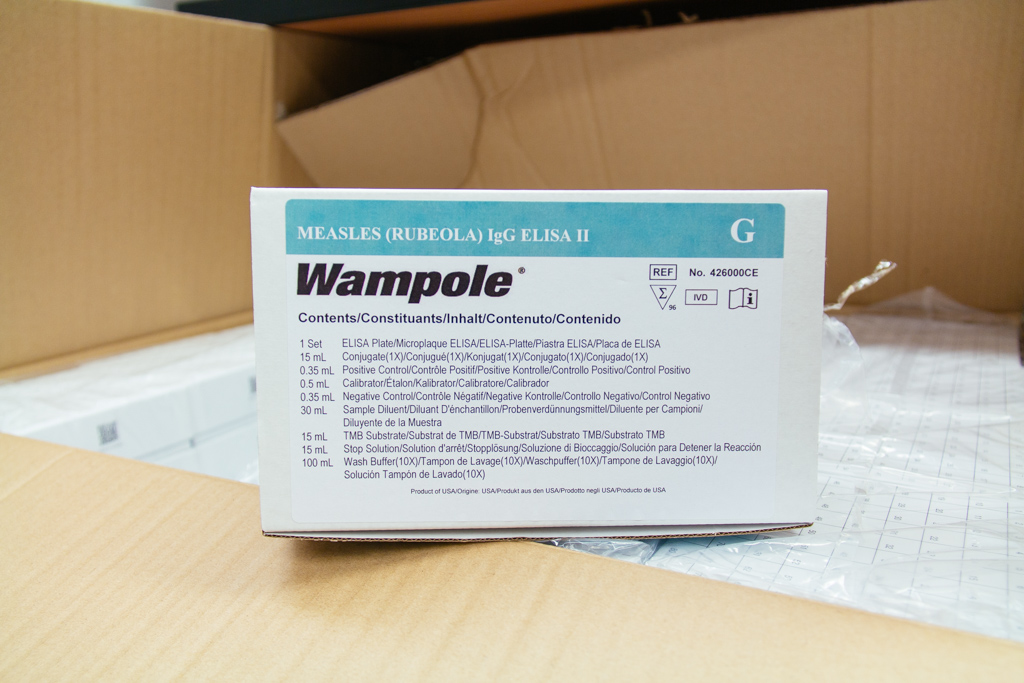
Two college researchers are packing their bags in preparation for a trip to Bangladesh, where they will begin a new study to determine how exposure to arsenic affects the development and immune function in children.
This systematic study will examine prenatal and early life exposure to arsenic, a common environmental pollutant, and its relationship to clinically relevant outcomes including infectious disease morbidity and antibody response to routine childhood vaccinations in children up to age 5.
The research, funded by a National Institute of Environmental Health Sciences R01 grant, is led by College of Public Health and Human Sciences Assistant Professor Molly Kile – who has traveled to Bangladesh about 20 times since 2002 conducting research on arsenic-related health outcomes.
Molly and CPHHS PhD student Andres Cardenas will begin their trip on Saturday, Feb. 21 and will return mid-March. While abroad, they will train personnel from Dhaka Community Hospital – their research partners – on the study protocols, begin establishing active disease surveillance programs that will monitor the participating children for infectious disease and collect samples from the children to measure for metal exposure and vaccine antibody levels.
To prepare for the trip, Molly and her team are packing half a dozen cases full of medical supplies, fecal sampling kits, measles testing kits, blood lead testing kits, biohazard bags and more to use in the field.
“Our goal for this study is to continue to follow up with approximately 1,600 children who were born into a birth cohort between 2008 and 2012, and examine how early life exposure to arsenic and other environmental pollutants could affect their susceptibility to infections and their overall immune functioning,” says Molly, who serves as program coordinator for the college’s Environmental and Occupational Health program.
She says the findings from this study will provide important information on whether exposure to arsenic, which is commonly found in groundwater and at lower doses in our food, impacts children’s immune systems.
“This is an emerging field of study that may lead to new insights for prevention of immune system dysfunctions related to environmental chemicals in children and also inform human health risk assessments on arsenic since this is a regulated chemical,” Molly says.
Also, by measuring clinically relevant outcomes such as infections and vaccine response, Molly says the data from this study will help to inform public health interventions that can reduce the burden of disease in children.
Be sure to follow and give shouts out to Molly and Andres on twitter :-)
View the slideshow below to see what Molly and her team will bring with them on their trip to study health effects of arsenic exposure in Bangladesh.


















